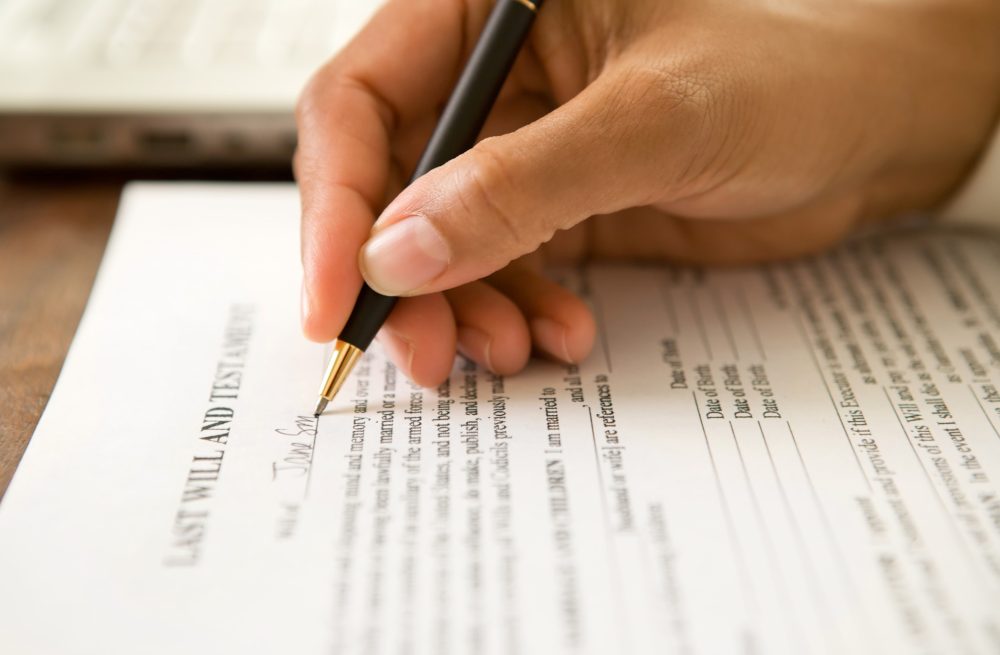For New Jersey residents who have been unable to notarize important documents during the COVID-19 crisis, remote notarization is now permitted by law. The New Jersey Legislature enacted a law allowing remote notarial acts during the State of Emergency as declared by the Governor. In a similar move, the Commonwealth of Pennsylvania passed Act 15, allowing for tamper-evident technologies to perform notarial acts for electronic records. These provisions should remain in place as long as the COVID-19 crisis is ongoing.
The “witnessing” of a person’s signature requires simultaneous observation by sight and sound, so video conferencing is necessary. There are other protocols that must be met for the execution to be deemed valid, such as evidence of photographic ID, depending on the type of document and state within which you are located. A key point in New Jersey is that for executing a valid self-proving will, two witnesses are still needed, in addition to the notary
If a virtual notarization is not possible, parties can still notarize documents while following socially distant safety precautions that can be implemented to allow for the execution of these important documents even with the ongoing COVID-19 restrictions. Such precautions include witnessing signatures from a distance or through windows, the use of separate pens, wearing masks, and using separate signature pages for each signatory.
Times such as these are an important reminder of the need for estate planning as one cannot predict when the next emergency or crisis will occur. If you have any questions about the ability to remotely notarize documents or about estate planning in general, please do not hesitate to contact Ward, Shindle and Hall.

